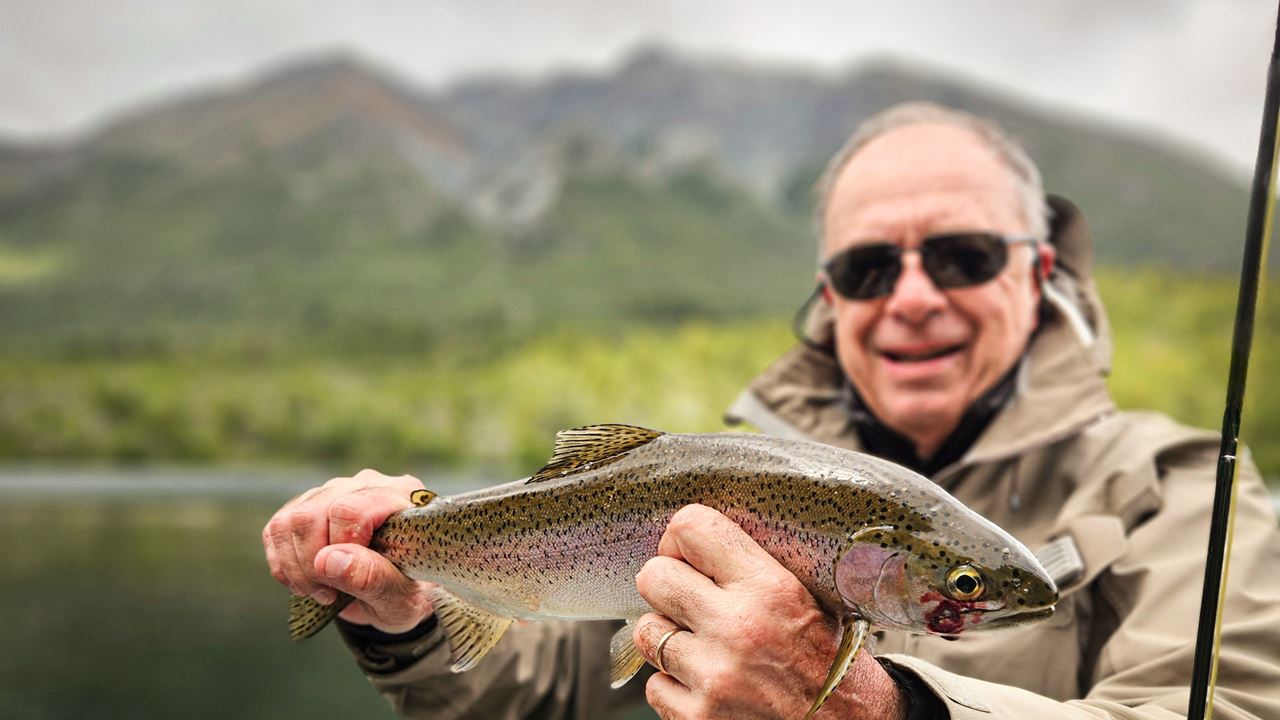
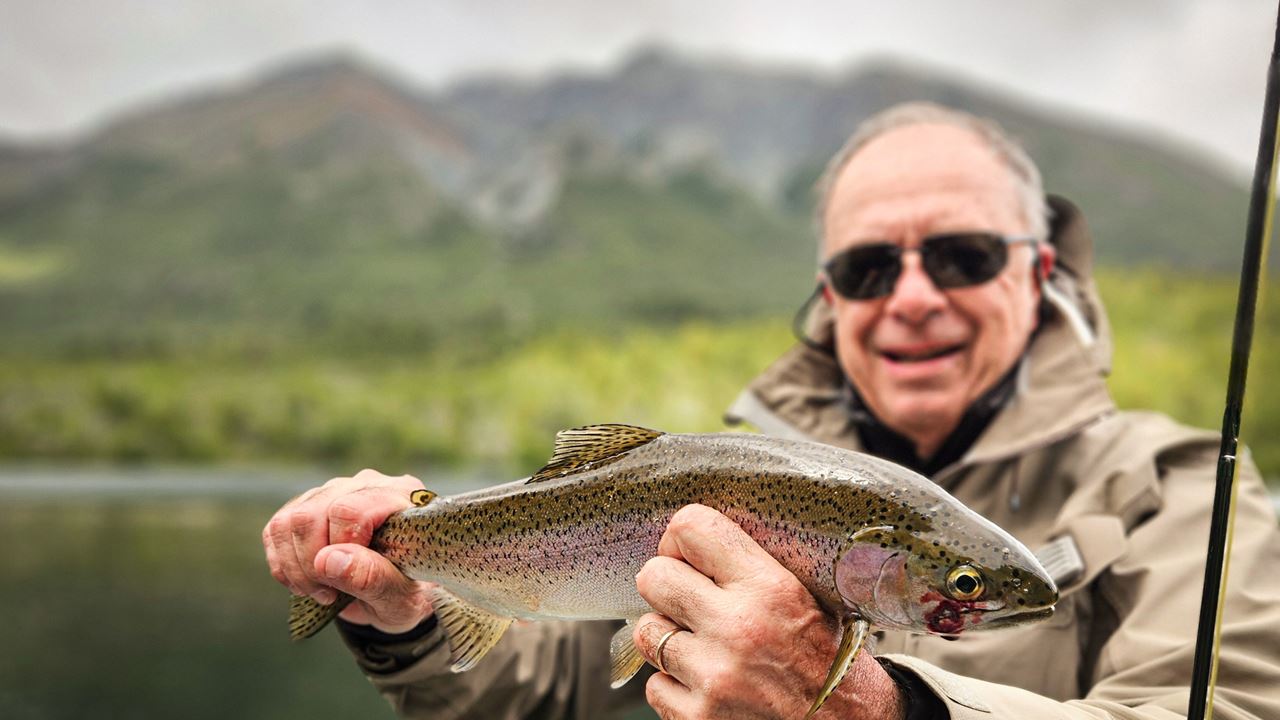
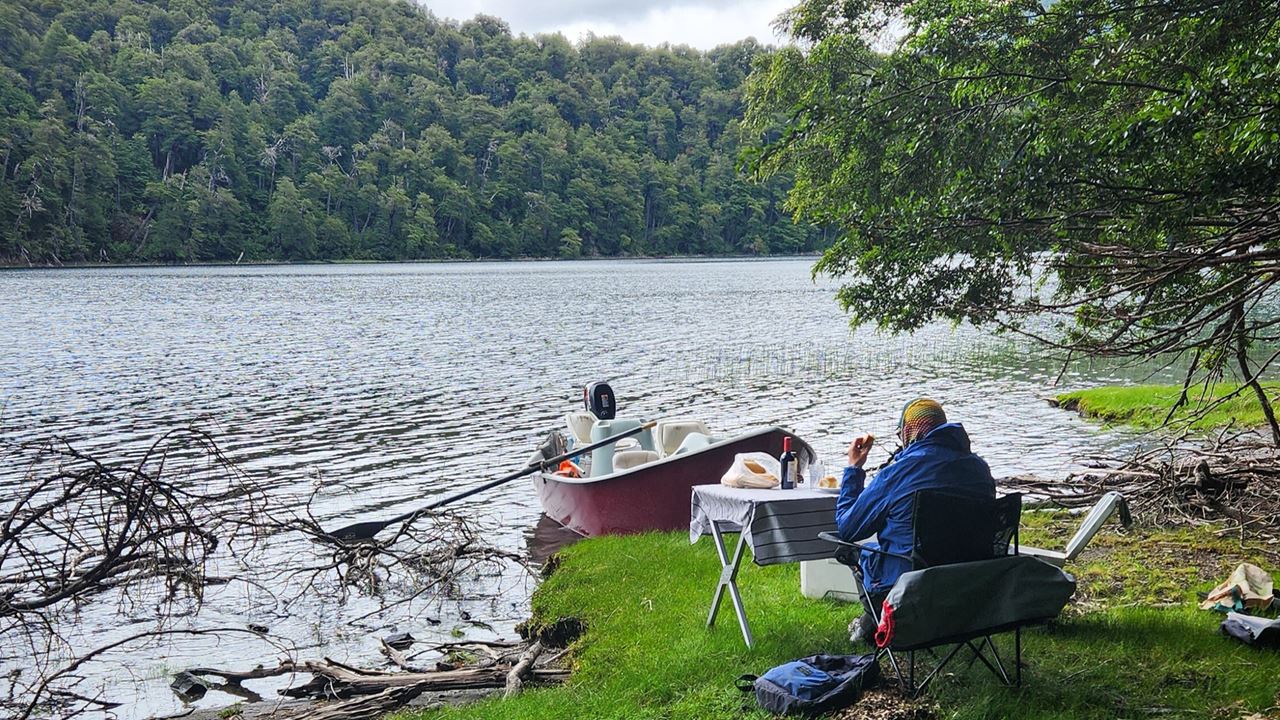
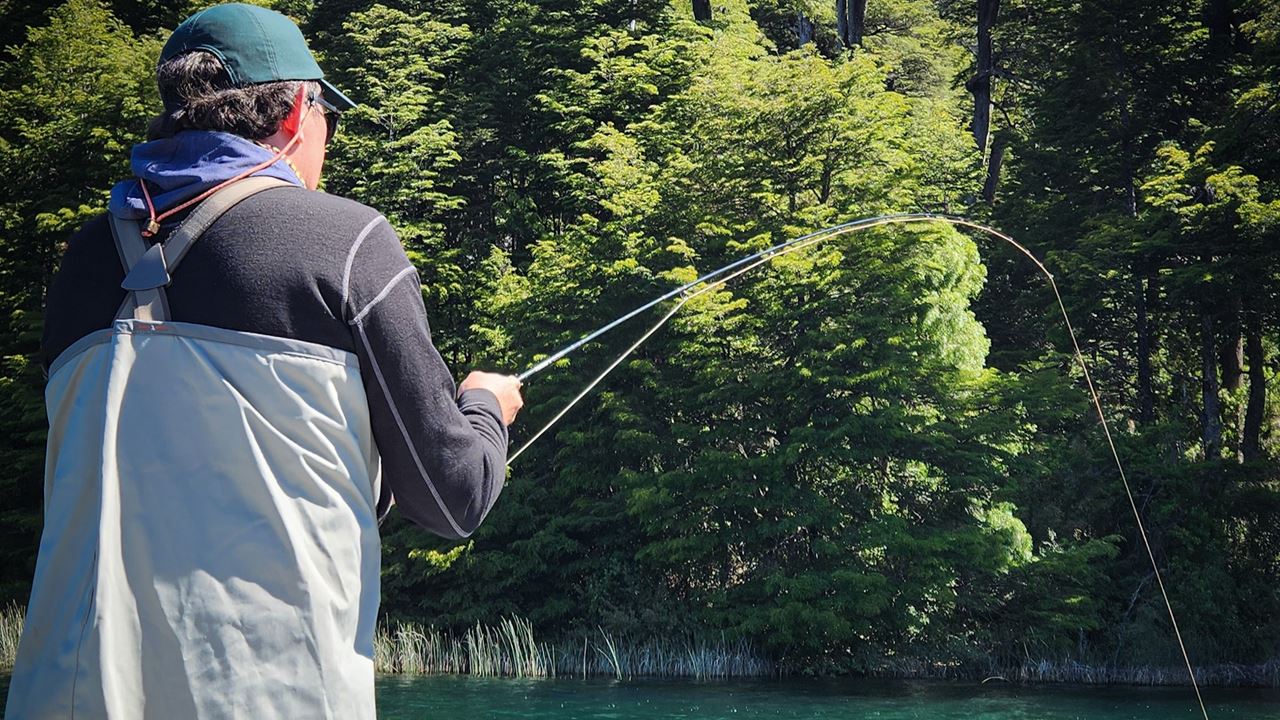
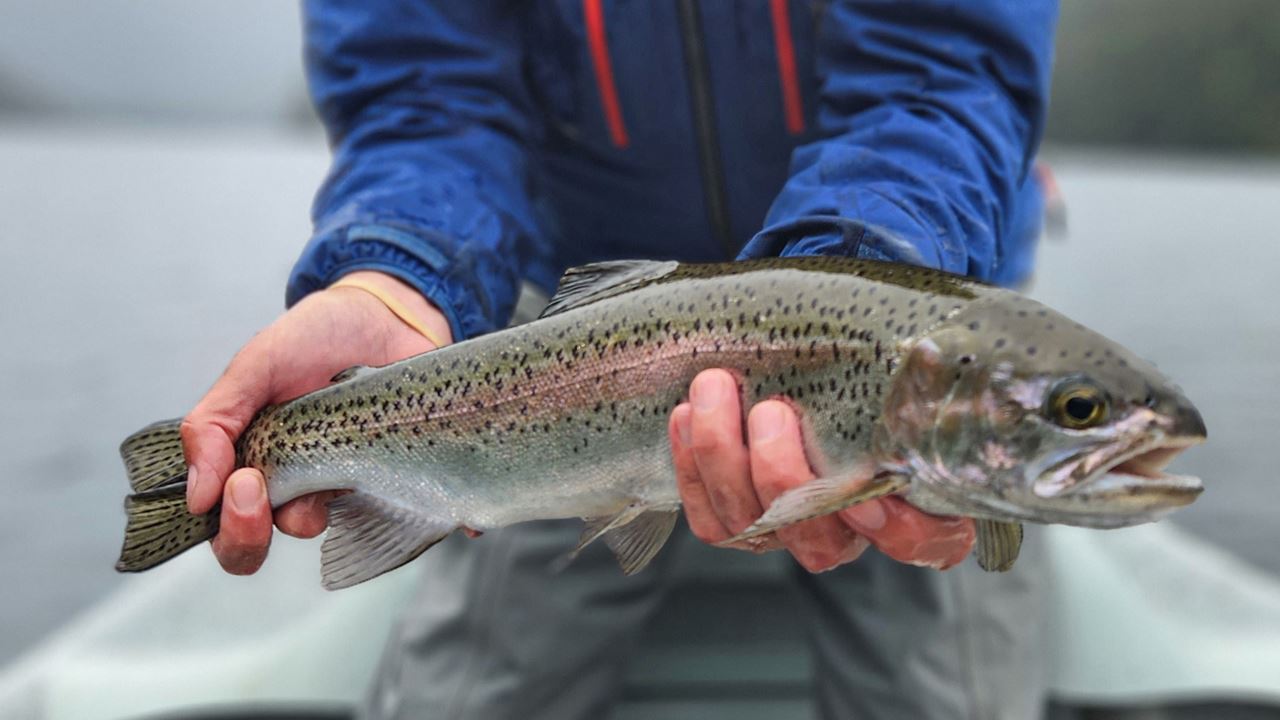
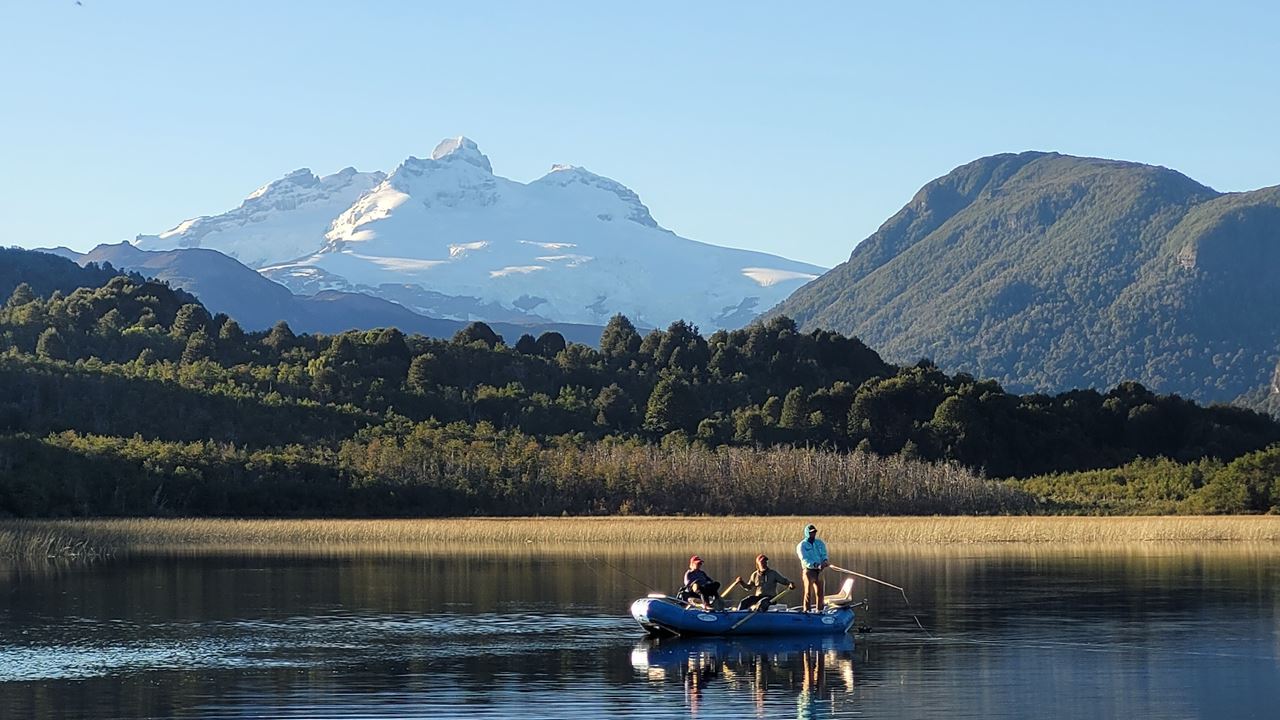
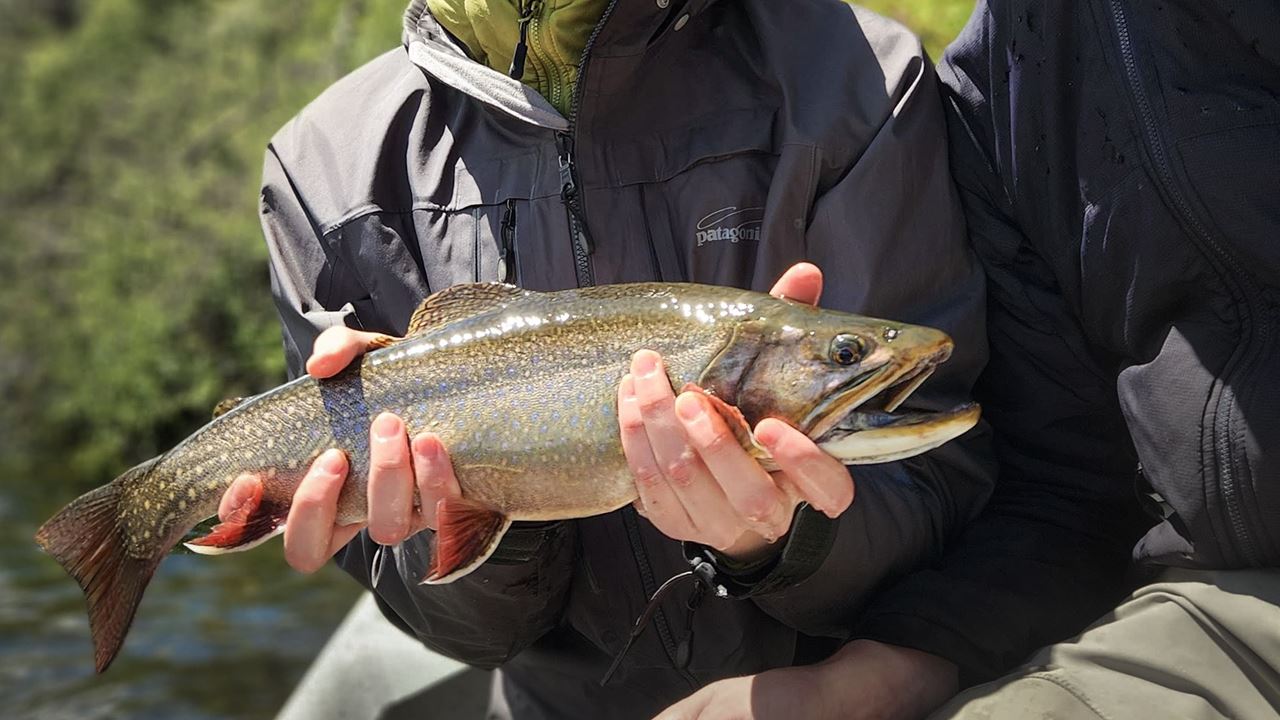
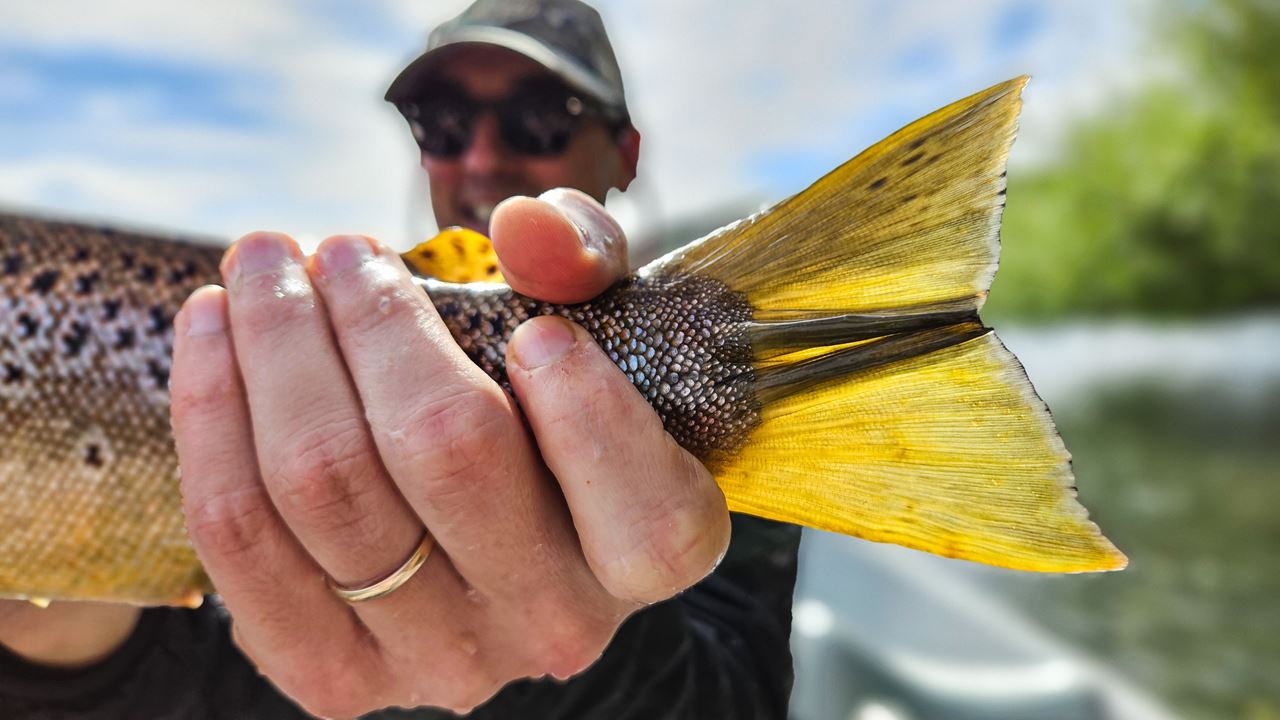
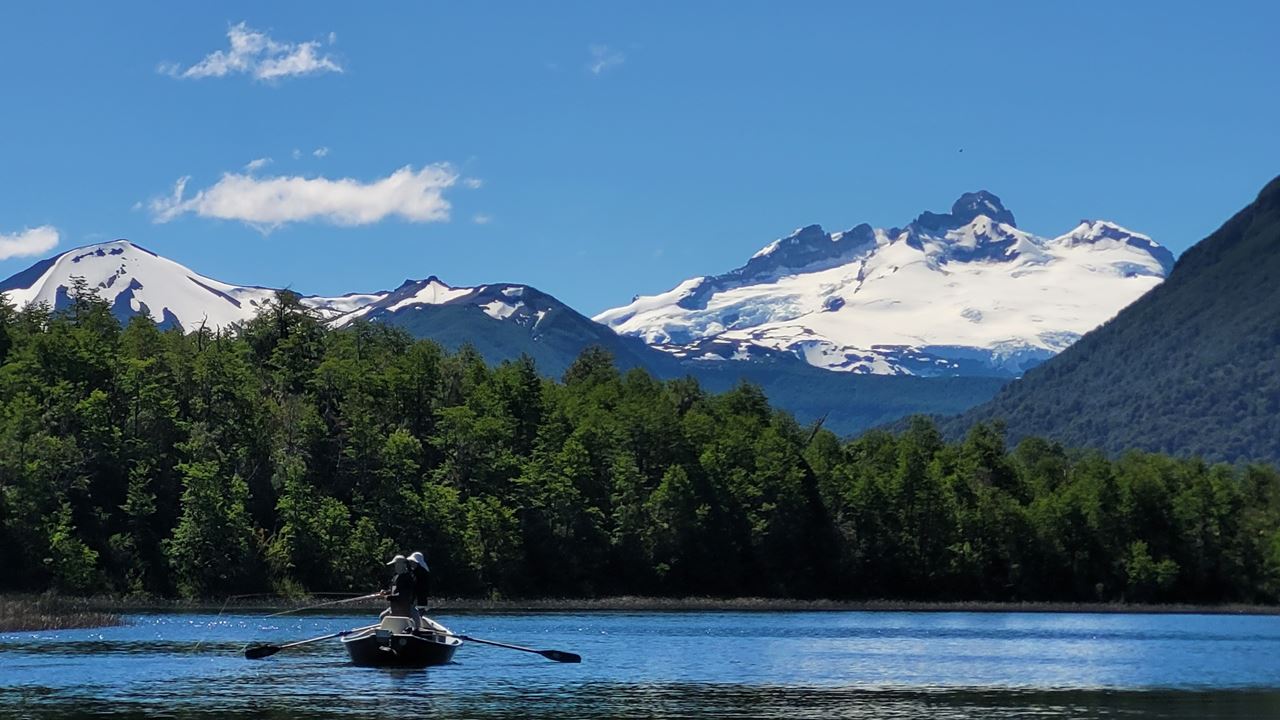
Fly Fishing In Patagonian Lakes
Duración: 10 Horas
From 496.890 ARS
Ver Disponibilidad
Descripción del Tour:
The journey kicks off in Bariloche, where we immediately dive into an exceptional fishing adventure across the region's stunning lakes. You have the option to explore lakes Guillelmo, Fonck, Los Moscos, and Roca, each offering breathtaking views and prime fishing opportunities. Utilizing boats, we navigate to the finest fishing spots, perfect for those who wish to immerse themselves in nature's fishing paradise.
Patagonia is renowned for its wild brown trout and rainbow trout, offering an unparalleled thrill when caught in these picturesque locations. Our approach varies with the season, ensuring a successful outing for both seasoned anglers and beginners alike.
This adventure is an all-encompassing experience: crisp air, awe-inspiring landscapes, and the distinctive serenity native to this region. Everything is meticulously planned to let you enjoy the day without any concerns.
Midday, we pause to savor a hearty lunch complete with beverages, perfect for re-energizing and enjoying quality time amidst nature. The remainder of the day is filled with more fishing and boating in various idyllic spots on the lake. After a fulfilling day of adventure, we return to Bariloche at around 6 pm, content with having spent a tranquil, uniquely Patagonian day.
Lo que SI incluye:
- Transportation from Bariloche to the fishing spot and back. - Fishing equipment provided in case the passenger doesn`t have their own. - Boat trips to various fishing spots on rivers and lakes. - Lunch with drinks
Lo que NO incluye:
- Fishing licenses - Extras not mentioned
Preguntas Frecuentes
On fly-fishing excursions in Patagonian lakes, tourists can expect to catch primarily rainbow trout, brown trout, and brook trout. These lakes are famous for their abundance of these fish, providing unforgettable experiences for sport fishing enthusiasts. Patagonia is internationally recognized as one of the best destinations for this type of activity, with stunning landscapes and crystal-clear waters. Expert local guides are well-versed in the best locations and techniques to maximize fishing success.
No previous experience is required to participate in the fly-fishing excursion on the Patagonian lakes. Guides provide instruction on essential fly-fishing techniques. Weather-appropriate clothing, such as waterproof clothing and non-slip footwear, is recommended. All necessary fishing equipment, including rods and flies, is provided. Make sure you have a fishing license, which you can arrange through the operator or purchase in advance. The experience is designed to be enjoyable for both beginners and experienced anglers.
The excursion price generally includes transportation from the accommodation, use of fishing equipment, a local expert guide, and a picnic lunch for tourists to enjoy the natural surroundings. The tour often offers itinerary customization options based on participants' preferences. A fishing license is not usually included, and must be purchased in advance. The excursion is designed to offer a full day of enjoyment surrounded by nature, exploring the majestic landscapes of Patagonia.
The best time for fly fishing in Patagonian lakes is during spring and summer, from November to March. During these months, temperatures are milder and water conditions are optimal for the activity. Furthermore, this is the season when the fish are most active, increasing the chances of a good catch. However, it's important to remember that weather conditions can vary, so it's recommended to bring appropriate clothing and check the weather forecast before your trip. The experience during this season is especially beautiful due to the flourishing natural environment.
Yes, there are certain fishing regulations and restrictions in Patagonian lakes that must be respected. These limitations are designed to protect biodiversity and ensure the sustainability of the activity. For example, in most cases, a catch-and-release policy is enforced, requiring fish to be returned to the water after capture. Guides will ensure that tourists are informed of these rules and adhere to them throughout their experience. It is vital to adhere to these rules to conserve natural resources and keep the environment in its most pristine state for future generations.